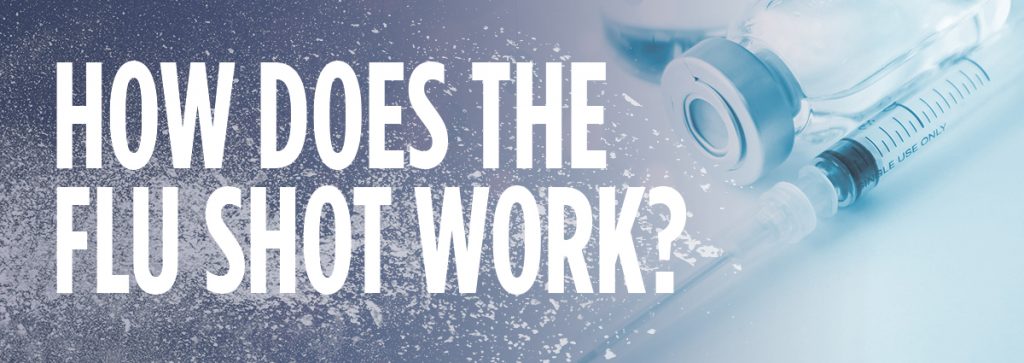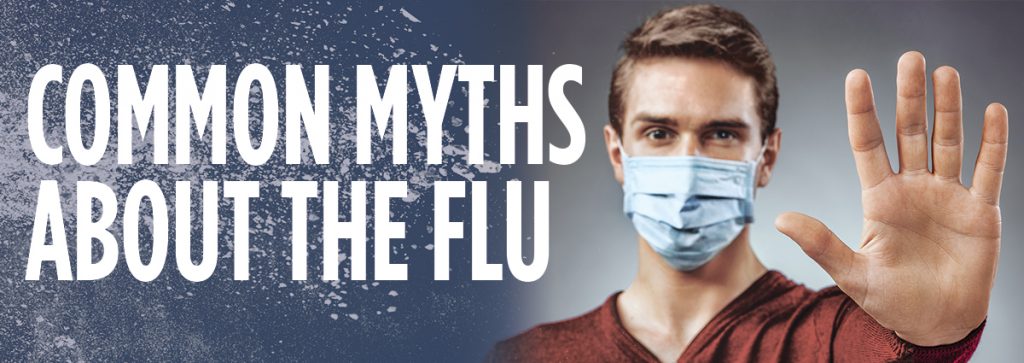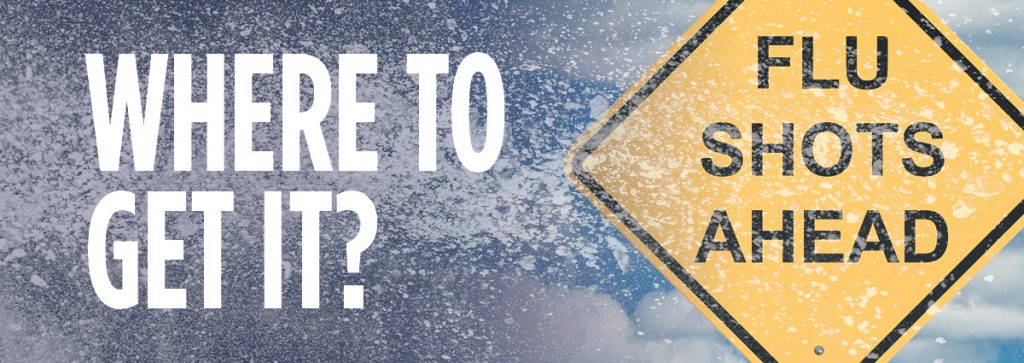
By: Ann K. Avery, MD, Infectious Disease Physician at MetroHealth Medical Center
Winter is coming…and you know what that means. You still have a few months before Game of Thrones comes back, but it won’t be long before it seems like everyone you know is coming down with the flu. You’ve probably already heard everyone talk about flu shots lately, too.
If you’ve ever come down with the flu, you know it’s no fun. It can mean days of body aches, fever, feeling weak, and just generally feeling blah.
Let’s talk about what the flu shot is all about, how it can help, and where you can get one.

How does the flu shot work?
The flu shot is also sometimes called the influenza vaccine. Scientists do research to predict what the top three or four most common strands of the flu will be that year, and then create a vaccine to help protect against them. It works by helping your body grow antibodies to protect you from getting sick from those common flu strands.
A small needle is used to give a flu shot and it is normally injected into your upper arm. It only takes a few seconds and hurts very little. (Don’t believe us? Watch Jen from Positive Peers get hers!)
The good news is that if you don’t like needles, there’s another option called the nasal flu spray. Some studies have found that the flu spray works just as well as the shot in adults and actually might work better for kids. Talk to your doctor for more information on the nasal flu spray.
Come join our private, stigma-free, supportive community.
Health management tools with medication & appointment reminders.
Social networking in a community conversation & private chats.
Who should get a flu shot? And when?
There are only a small number of people who probably shouldn’t get the flu shot. This includes children younger than 6 months, people who have Guillain-Barré Syndrome, or those with an allergy to ingredients in the flu shot. This means that most people would benefit from getting a flu shot.
The best time of year to get your flu shot is from mid-October through November. The thing is, the vaccine takes two weeks to start working once you get your shot, so you want to plan ahead to give your body some time to build up antibodies.

Common myths about the flu
Most people have probably heard rumors that the flu shot can give you the flu because they’re injecting the virus into you. This is just a rumor -- the vaccine only has dead strands of the virus, meaning it can’t make you sick at all. The dead virus only gets injected because it helps build up those flu-fighting antibodies we talked about before.
Another myth is that since you can still get the flu even if you get the shot, that there’s no point in getting it. Well, there’s a bit more to it than that... Remember when we said that scientists find out the most popular strains of the flu each year, and then those are the ones the shot protects you from? Well, it doesn’t protect you 100% from all strands of the virus. There are other, less common strains out there that you could still come in contact with. The good news is that your chances of getting the flu are much lower when you get the flu shot, and if you do get sick, it won’t be nearly as bad as it would have been if you hadn’t gotten your vaccine.
A third myth is that the side effects of the flu shot are worse than just getting the flu itself. This one is also debunked. Most people only get minor side effects from the flu shot, if any at all. These include redness, minor soreness, swelling in the area where you got the shot, aches, and a mild fever. The side effects typically only last a day or so. Doesn’t sound so bad compared to the flu, which can last days on end, right?

Where to get it?
There are many places in NE Ohio where you can get a free flu shot. For people living outside of NE Ohio, try checking your local websites and newspapers for info on free flu shots to see where you can get yours.
When more people get their flu shot, the flu has less of a chance of spreading in that community. And like we mentioned before, there are some people who can’t get flu shots because of health issues, or who have compromised immune systems. Getting your flu shot not only keeps you healthy, but also actually benefits the people around you, too.
Getting a flu shot is an important part of your health care as a person living with HIV. Not only are you potentially preventing yourself from feeling terrible this winter, but you’ll also feel great knowing you’ve done your part to protect the health of people who won’t catch the flu from you, either!
Related Blogs:


